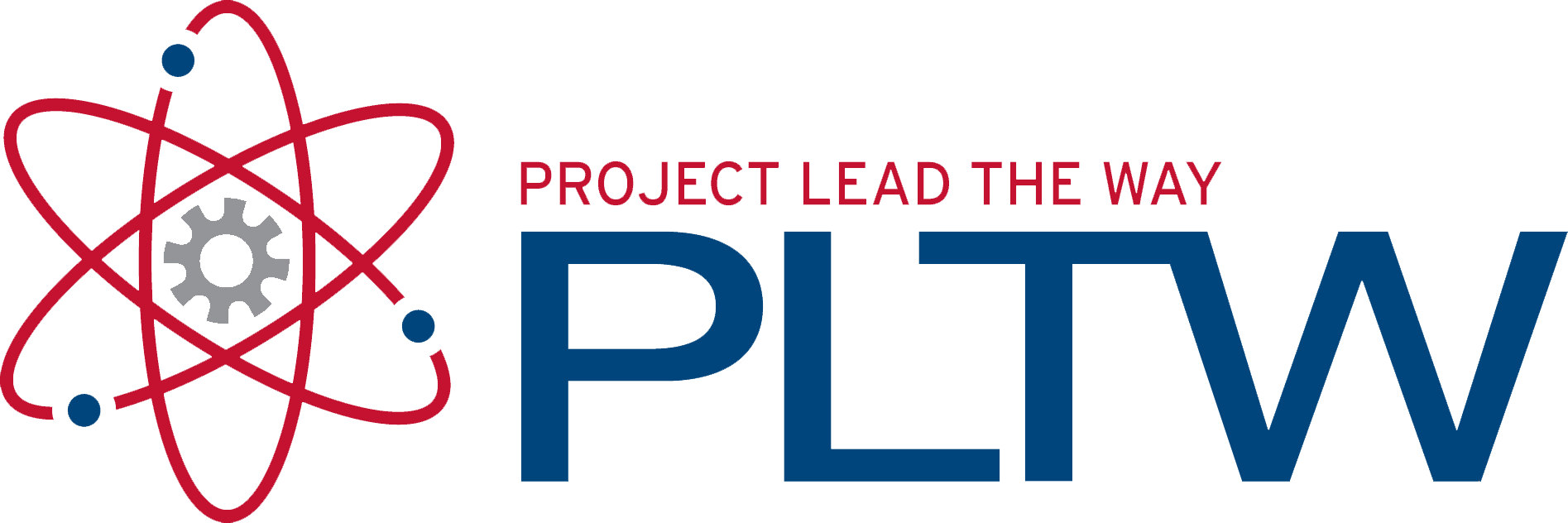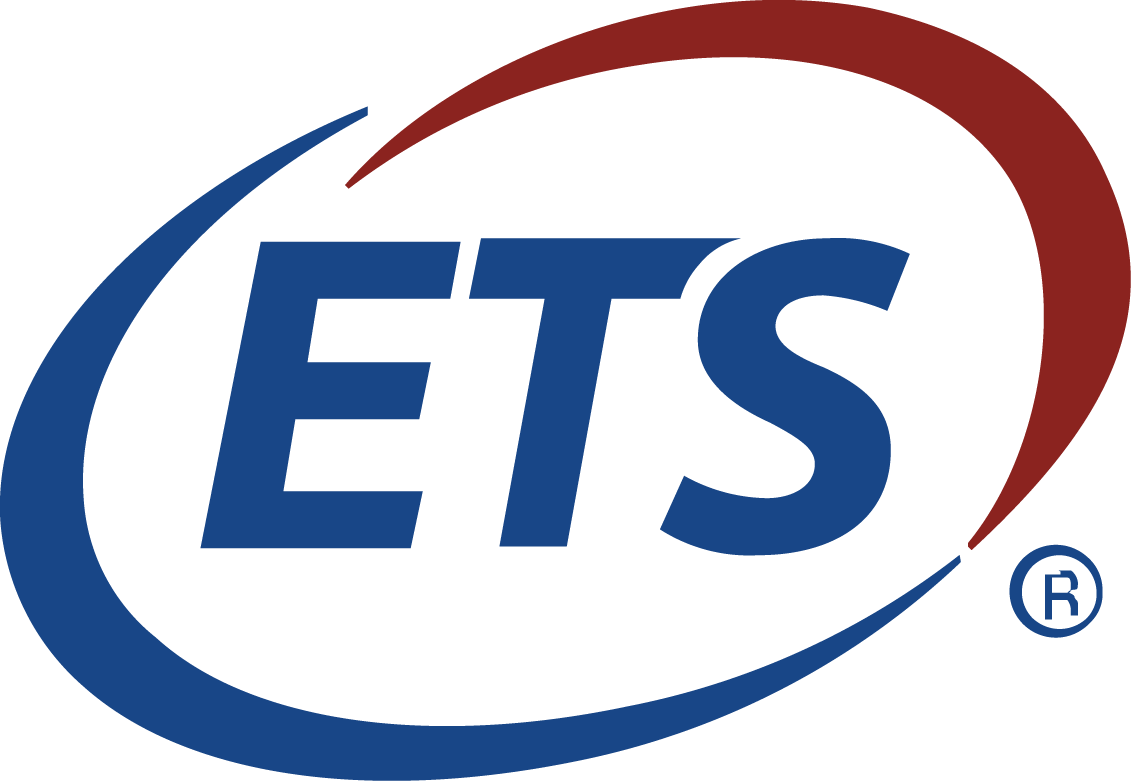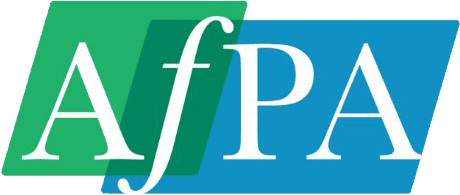Last month, Senator Bill Cassidy (R-LA) and Senator Jack Reed (D-RI) introduced their Read to Rise Resolution as a bold, actionable step to address the sweeping literacy declines across the U.S. The congressional mandate, which includes drawing more attention to the nation's literacy crisis through a significant increase in evidence-based practices, calls on adding September as National Literacy Month to propel awareness well into the future.
As highlighted in a National Parents Union release on the new resolution, Keri Rodrigues, President of the National Parents Union, applauds more national leadership support to address the growing literacy crisis. “Right now, 48 million adults lack basic reading skills, and we can already see how the long-term consequences for our economy and society are devastating. The time for us has come for us to collectively acknowledge this problem and make a commitment to every community in America to get to work to ensure we don’t leave yet another generation of kids behind,” she said.
For Senator Reed, strengthening literacy improves societal goals by unlocking opportunities for all. “I’m proud to work with Senator Cassidy and our colleagues to introduce this important resolution that amplifies the need for more effective literacy instruction for students of all ages. We need to do a better job of reaching learners where they are and not letting them slip through the cracks,” he said in the release. Senator Cassidy echoed Senator Reed, adding, “Unless reading proficiency improves, we are at risk of losing an entire generation of productive, successful adults.”
Early childhood literacy measures lie at the center of efforts to slow the nationwide crisis. Vance Aloupis, Strategos Group’s National Advocacy Management (NAM) expert, has a long history of advocating for early childhood concerns. According to him, literacy should exist at the top of everyone’s early childhood wish list, with at-home environments as a key part of the process. “A strong foundation in literacy begins at birth. Programs that ensure children have books in the home are made even more impactful by parent engagement models that underscore the importance of early childhood interactions,” said Aloupis. “Educating early childhood teachers and parents on best practices in emergent literacy is critical to ensuring that all children are reading proficiently.”
At its core, literacy improvement relies on evidence-based instruction integrated with the science of reading principles as a key underpinning. According to the National Center on Improving Literacy, evidence-based instruction relies on research from multiple fields that are constantly evolving. It’s a fluid process that has seen some controversies in practical acceptance but remains devoted to developing meaningful pathways to improve children's reading skills. Five main focus areas, including phonemic awareness, phonics, fluency, vocabulary, and comprehension, combine to provide the best environment for literacy success.
The recent legislative declaration of September as National Literacy Month signifies a re-investment or refocus on making literacy a top issue of national concern. It’s a qualifying first step in advancing more dedicated measures and evidence-based practices, requiring the entire education ecosystem to work together on improvements. Efforts from the federal, state, district, and community levels, including outside education organizations and parental engagement, will be necessary to advance lasting, sustainable literacy objectives. As the
National Parents Union states, “Equitable access to literacy ensures that everyone has the opportunity to develop critical thinking skills, communicate effectively, and navigate the complexities of the world.” If literacy is the key that unlocks the door to equal opportunity, making it a priority of prime importance seems an obvious and crucial choice for our collective national goal.













